The 10th Women’s Studies Congress, organized by the Women and Democracy Association (KADEM), took place on April 10, focusing on the theme “Mythical Discourse and Women.”
Held at Istanbul University’s Beyazıt campus with the collaboration of several universities, the event aimed to address women’s rights and family-related issues through justice-centered discourse and academic exploration.
Presenting her welcoming speech, Saliha Okur Gümrükçüoğlu emphasized the core mission of KADEM, stating, “KADEM adopts the principle of ‘equality in existence, justice in responsibility,’ and works to build a secure society where women can live with dignity.”
She highlighted the organization’s ongoing efforts to tackle various issues related to women’s rights and the family, stressing the importance of creating a justice-centered discourse and literature. Gümrükçüoğlu also acknowledged the vital role of education and awareness in achieving gender equality, citing KADEM’s numerous projects, including those supporting women entrepreneurs and disadvantaged young girls.
Gümrükçüoğlu further delved into the theme of the congress, “Mythical Discourse and Women,” explaining how myths shape societal perceptions of women. She remarked: “Myths are the oldest narratives in human history, and these mythical narratives, deeply rooted in the collective consciousness of societies, are not merely cultural stories. They also serve a purpose and meet a need in shaping the social order.” Her speech explored how these narratives influence social, cultural and economic positions, particularly women’s roles and rights.
The congress aimed to explore women’s rights and issues related to family, proposing a justice-centered discourse that encourages the development of new perspectives on women’s identities and their societal roles. It also provided a platform for addressing the challenges women face in the pursuit of gender equality and for proposing solutions to overcome these barriers.
During the event, discussions focused on how women’s identities and roles have been influenced by myths and cultural traditions throughout history. The congress encouraged reflection on how these myths continue to shape modern society’s expectations and the pressures they place on women. One of the key insights shared in the outcome report was the impact of mythical discourses on women’s self-worth. It was noted that these myths can cause women to feel undervalued, accept violence and perpetuate gender inequalities. The report emphasized the importance of psychoeducational interventions to challenge and critically evaluate these myths and promote gender equality.
Another issue addressed by the congress was the growing influence of social media on women’s self-image. The report pointed out that myths related to career success, appearance and family life, often perpetuated by social media and popular culture, put pressure on women. The “superwoman” myth, which demands women excel in both their careers and family roles, was noted as particularly harmful.
The report also raised concerns about the pressure to conform to the “ideal body” and “perfect woman” myths. These unrealistic expectations can have damaging psychological effects, and the report emphasized the importance of countering these myths with a more balanced portrayal of women in the media. It advocated for promoting more realistic narratives, such as those found in Turkish mythology, depicting women as loving mothers and leaders, as seen in the figure of Dede Korkut.
A key topic at the congress was the “heroic woman” myth in Turkish history. The report highlighted that Turkish women have historically enjoyed equal rights and been active in social, political and military spheres. Their contributions to state administration, war and leadership have been preserved through epic tales and folk stories. The congress emphasized the need to revive these narratives, as they help shape modern women’s leadership roles and inspire future generations.
KADEM’s 10th Women’s Studies Congress remains crucial in advancing discussions on women’s rights and gender equality. The outcome report serves as a guide for addressing the challenges women face and emphasizes the importance of education, media representation and cultural narratives in building a more just and equal society for women.

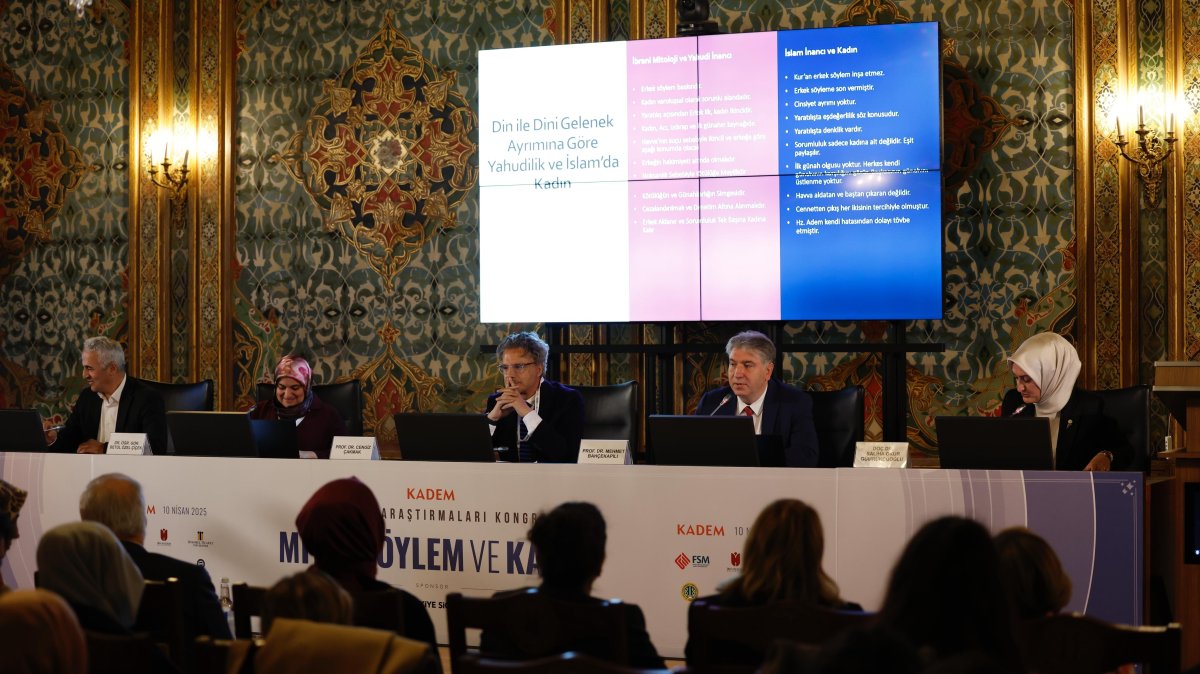












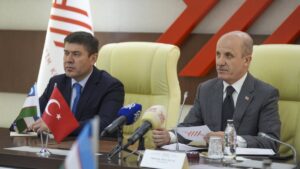

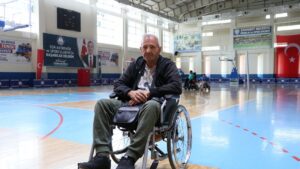
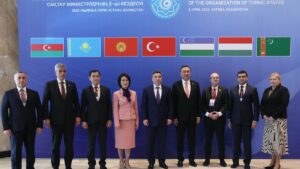
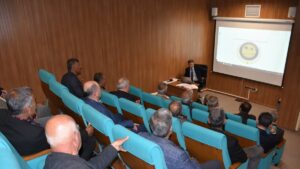

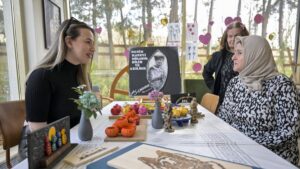










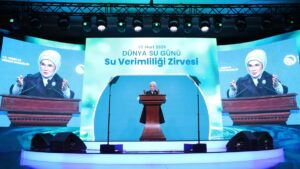



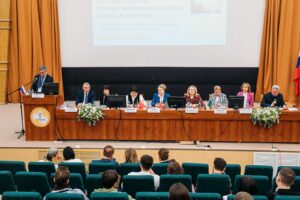













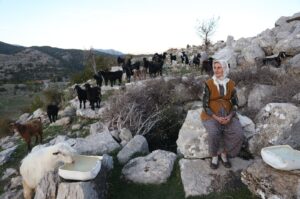


Be First to Comment